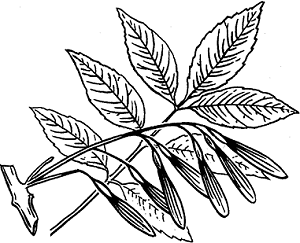plural ashes
plural ashes
Learner's definition of ASH
1
: the soft gray powder that remains after something (such as a cigarette or wood) has been completely burned and destroyed by fire(香烟或木头等的)灰,灰烬 [noncount]
[count]
2
ashes [plural] : the burned parts that remain when something is destroyed灰烬;废墟 —
often used figuratively常用作比喻 -
Their happiness turned to ashes. [=their happiness was destroyed]他们的幸福化为乌有。
-
The nation slowly rose from the ashes of war. = It slowly rose out of the ashes and began to rebuild itself.这个国家慢慢地从战争的废墟中崛起。
-
We sifted through the ashes of our ruined lives.我们的生活遭受毁灭化为灰烬,我们在灰烬中探寻。
3
ashes [plural] : the remains of a dead human body after it has been burned or cremated骨灰 -
the ashes of the dead死者的骨灰
-
She kept her dead mother's ashes in a jar above the fireplace.她把母亲的骨灰安放在壁炉上面的一个罐子里。
-
He asked to have his ashes scattered along the river.他要求把自己的骨灰撒入那条河里。
2 ash /ˈæʃ/ noun
plural ashes
plural ashes
Learner's definition of ASH
1
[count] : a type of tree that grows in northern parts of the world and that has thin gray bark and hard wood梣树;白蜡树
2
[noncount] : the hard wood of an ash tree梣木 